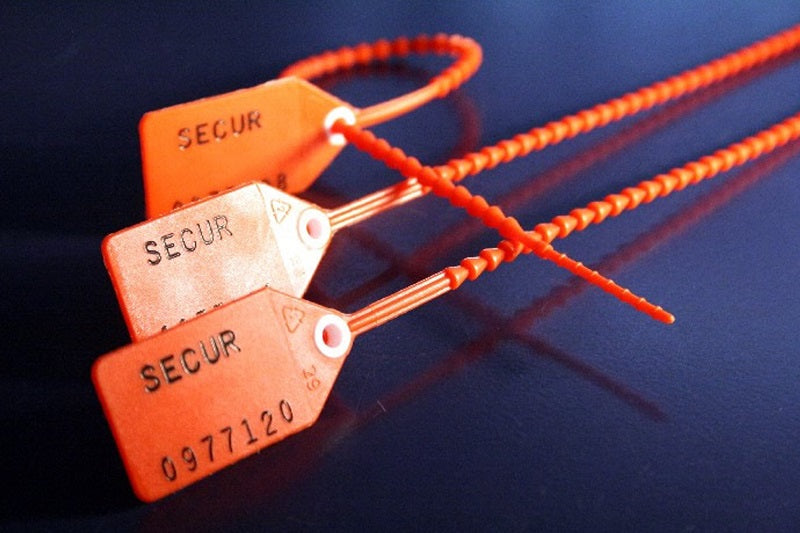Supply chain management's compliance with security seal requirements is essential for maintaining the integrity and security of items during storage and transportation. Companies can profit in a variety of ways that go above and beyond simple compliance by following security seal standards and best practices. The main advantages of maintaining security seal compliance will be covered in this blog post.
Theft Deterrence and Loss Prevention
Theft deterrence and loss prevention are two of the main advantages of security seal compliance. Security seals serve as an obvious deterrent, warning would-be thieves that the products are guarded and under observation. Companies can lower their risk of theft, and unauthorized access by putting strong security seal measures in place, protecting their priceless assets and limiting financial losses.
Tamper Evidence and Product Integrity
The tamper-evident nature of security seals is ensured by maintaining compliance, giving reassurance that the goods have not been tampered with during transit. Any attempt to tamper with the seals would leave clear evidence, warning interested parties of possible security breaches. This supports the integrity of the product, especially in sectors where the quality and authenticity of products are crucial, such as high-end electronics, food, and pharmaceuticals.
Increased Supply Chain Visibility
By providing a transparent record of seal application, removal, and inspections, security seal compliance improves supply chain visibility. Companies can follow the flow of their products, spot possible bottlenecks, and streamline logistics procedures thanks to this visibility. Real-time, accurate information on seal state enables prompt interventions, cuts down on delays, and guarantees efficient supply chain operations.
Enhanced Customer Trust and Satisfaction
Ensuring compliance with security seal requirements fosters consumer confidence in a company's capacity to safeguard its products. Customers cherish the certainty that the products they get are authentic and undamaged, especially in sectors like healthcare and e-commerce. Companies can improve customer happiness, brand reputation, and customer loyalty by putting a high priority on security seal compliance.
Efficient Auditing and Investigations
Maintaining security seal compliance helps with risk reduction initiatives and insurance coverage. When assessing insurance coverage and premiums, insurers frequently take security seal procedures into account. Companies can demonstrate their dedication to risk reduction, thereby cutting insurance prices, by putting strong security measures in place. This also ensures enough coverage for potential losses.
Competitive Advantage and Business Opportunities
Companies that prioritize security seal compliance have a competitive advantage in the marketplace and have more business opportunities. Their adherence to industry norms and best practices sets them apart from rivals, particularly in fields where security and dependability are crucial considerations. This benefit may lead to new business prospects, alliances, and contracts with customers who place a high priority on secure supply chains.
Beyond fulfilling legal requirements, maintaining security seal compliance offers numerous advantages to enterprises. Companies can proactively protect their assets by investing in strong security practices.
